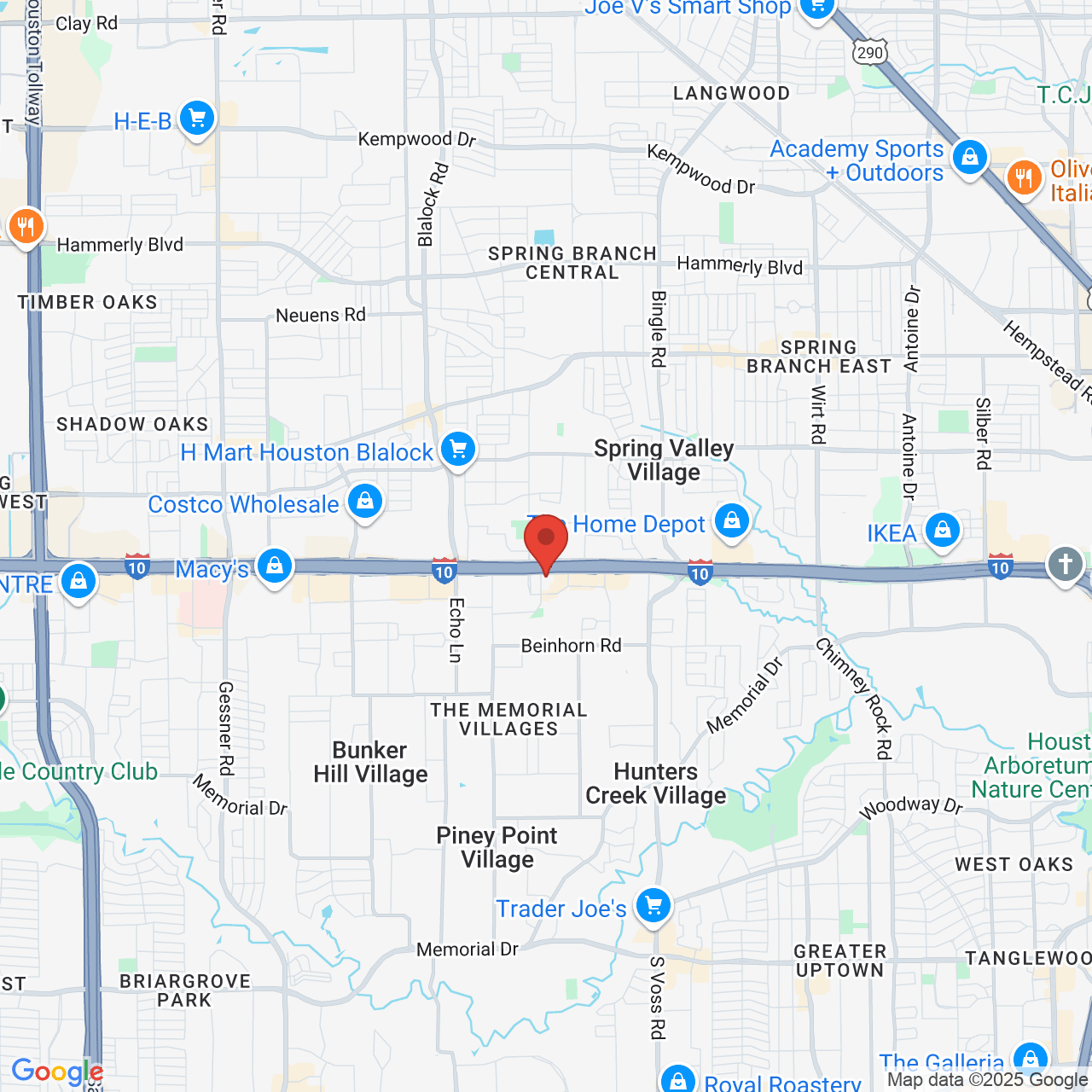How Can Reciprocal IVF Help LGBTQ Patients?

For LGBTQ patients, building a family can be a little more complicated. Dr. Sonja Kristiansen at Houston Fertility Center in Houston, TX, is dedicated to helping hopeful parents, including patients in the LGBTQ community. Since 1966, our Houston fertility center has proudly provided LGBTQ family-building services. Let's look at how reciprocal IVF can help lesbian couples expand their family while allowing both women to participate in the process.
What Is Reciprocal IVF?
Reciprocal IVF is much like traditional IVF. However, in this case, one partner will provide the eggs, and the other will carry the pregnancy. This allows both women to participate in the process of having a baby. Our Houston fertility clinic also offers INVOCell treatment, which offers significant cost savings. Instead of the fertilized egg incubating in the lab, it is placed in a device that is inserted inside the woman's vagina to incubate. Either mother can participate in this step of the process.
Can Trans and Non-Binary Patients Undergo Reciprocal IVF?
Yes. Reciprocal IVF can help patients who are biologically female. This means that trans men and non-binary patients who have the ability to give birth can benefit from reciprocal IVF.
How Does Reciprocal IVF Work?
During the reciprocal IVF process, one patient will provide the eggs. This often means taking medications for stimulating follicle growth and medications to induce ovulation. The other partner will also be prescribed medications to prepare her uterus for embryo transfer.
Once the eggs are collected during an egg retrieval procedure, they are fertilized in our lab with donor sperm. This sperm is chosen by the mothers. This can be from an agency or you can choose a donor that you know. If using InvoCell, the fertilized egg is put in an InvoCell device and then inserted in one of the mothers' vaginas, where it will incubate. If using traditional methods, the egg is incubated and monitored in our lab.
The next step is embryo transfer. During this phase of treatment, the resulting embryo is transferred to the uterus of the other partner. After about nine days, the patient can take a pregnancy test to determine if the IVF cycle was successful.
How Do We Decide Which Partner Will Do Each Process?
During your consultation, Dr. Kristiansen will discuss your options and help determine who may be the best option for egg donation and who may be the best option to carry the baby. Dr. Kristiansen will look at factors such as each person's overall health, ovarian function, and their age. We want to give you the best possible chance at success, and one patient may be the better option to provide the eggs. If both are candidates for both steps, it will come down to preference and who would like to do either step.
Want to Explore Your Options or Find out if Reciprocal IVF is Right for You?
At Houston Fertility Center, we are dedicated to providing a range of fertility treatments to help you expand your family. Get started on your journey by requesting a consultation at our Houston, TX, practice. Fill out our online form or call today.


